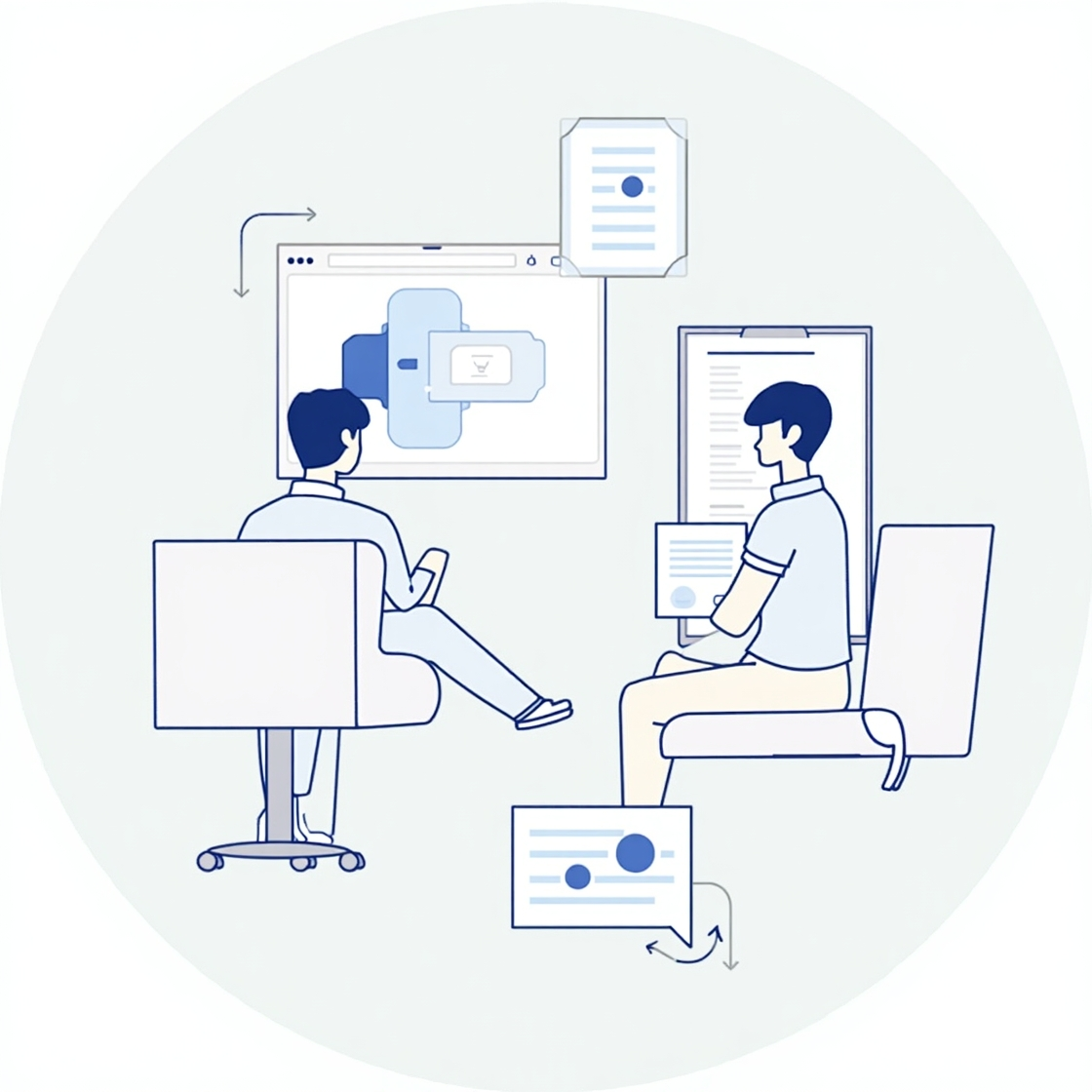The Importance of Customization in Talent Assessment Tools
by Testola Team
- Jan 15, 2025
- 5 min read

The Importance of Customization in Talent Assessment Tools
In today’s fast-paced business environment, finding and hiring the right talent is crucial for an organization’s success. Talent assessment tools—such as tests, skill evaluations, and behavioral assessments—have become indispensable in streamlining the hiring process. However, one-size-fits-all assessment tools may not always deliver the most accurate or relevant insights. This is where customization becomes essential.
Tailoring to Role-Specific Requirements
Each position within an organization has its own set of requirements. While certain skills—such as problem-solving or communication—are important across the board, others are specific to the role. Customizing your talent assessments ensures that the tests and tasks candidates are asked to complete reflect the skills and abilities needed for the job.
For example, when hiring a project manager, an assessment may focus on leadership, organizational skills, and decision-making. In contrast, hiring a developer would require tests that focus on coding ability and technical problem-solving. Customization allows companies to focus on what truly matters for the role, increasing the chances of selecting candidates who can excel in the position.
Ensuring Cultural Fit
While technical skills are critical, cultural fit can be just as important in determining whether a new hire will succeed in the long term. A candidate’s values, work style, and attitude toward collaboration should align with the company’s culture for them to thrive within the organization.
Customizing your assessment tools to include questions and tasks that reflect the company’s culture enables you to evaluate whether a candidate will fit in with the existing team. For instance, if teamwork is a cornerstone of the company’s culture, your assessments could include group simulations or collaborative tasks to assess how well candidates work with others.
Improving Predictive Accuracy
The goal of any talent assessment is to predict how well a candidate will perform in a role. Generic assessments, while useful to some extent, often fail to predict success accurately because they do not account for the specific requirements of the position.
By customizing the assessment to reflect role-specific tasks, challenges, and skills, you increase its predictive power. For instance, a customized test for a sales position might simulate a real-world sales call scenario, allowing you to assess how well a candidate handles objections, persuades customers, and closes deals. Such simulations provide a more realistic preview of a candidate's capabilities compared to a generic personality or aptitude test.
Enhancing the Candidate Experience
Providing candidates with a positive experience is essential for strengthening an employer’s reputation and drawing in high-quality talent. When candidates go through a recruitment process that feels impersonal or irrelevant, it can leave them frustrated and disengaged. Customizing talent assessments creates a more relevant and engaging experience for candidates, as they feel their abilities are being assessed in a meaningful way.
When assessments are tailored to the role and company culture, candidates can gain a better understanding of the job they’re applying for. This transparency helps candidates determine if the role aligns with their skills and career goals, fostering a more positive relationship with the company.
Scalability and Flexibility
As businesses grow and evolve, their hiring needs change. Customizable talent assessments provide the flexibility to scale and adapt as the organization’s requirements evolve. Whether it’s a new position, a change in the industry, or a shift in company strategy, customized assessments can be easily adjusted to reflect these changes.
For example, if the company is expanding into a new market or introducing a new product, customized assessments can be adapted to evaluate candidates based on new skills or expertise that have become necessary. This adaptability ensures that the company is always hiring for the future, not just for the present.
Data-Driven Decision Making
One of the key benefits of customization is the ability to gather data that is directly relevant to the hiring process. Custom assessments give companies the chance to collect detailed insights into how candidates perform across various competencies, whether it’s technical skills, cognitive abilities, or behavioral traits.
By evaluating this data, organizations can make more strategic and informed hiring decisions. Over time, this data can be used to continuously refine and improve the hiring process, ensuring that the company is using the most effective evaluation methods. Data-driven insights can also help identify trends, such as the traits that correlate with long-term success in a given role, enabling more accurate hiring decisions.
Conclusion
Customization in talent assessment tools is not just a luxury; it’s a necessity for organizations aiming to improve their hiring process and secure the best talent. By tailoring assessments to the specific needs of each role and ensuring they reflect the company’s culture, businesses can improve predictive accuracy, enhance the candidate experience, and make more informed decisions.
Moreover, customized assessments offer scalability, flexibility, and valuable data that can drive continuous improvement in the hiring process. Ultimately, the investment in creating customized talent assessments pays off in the form of better hires, higher retention, and greater long-term success.